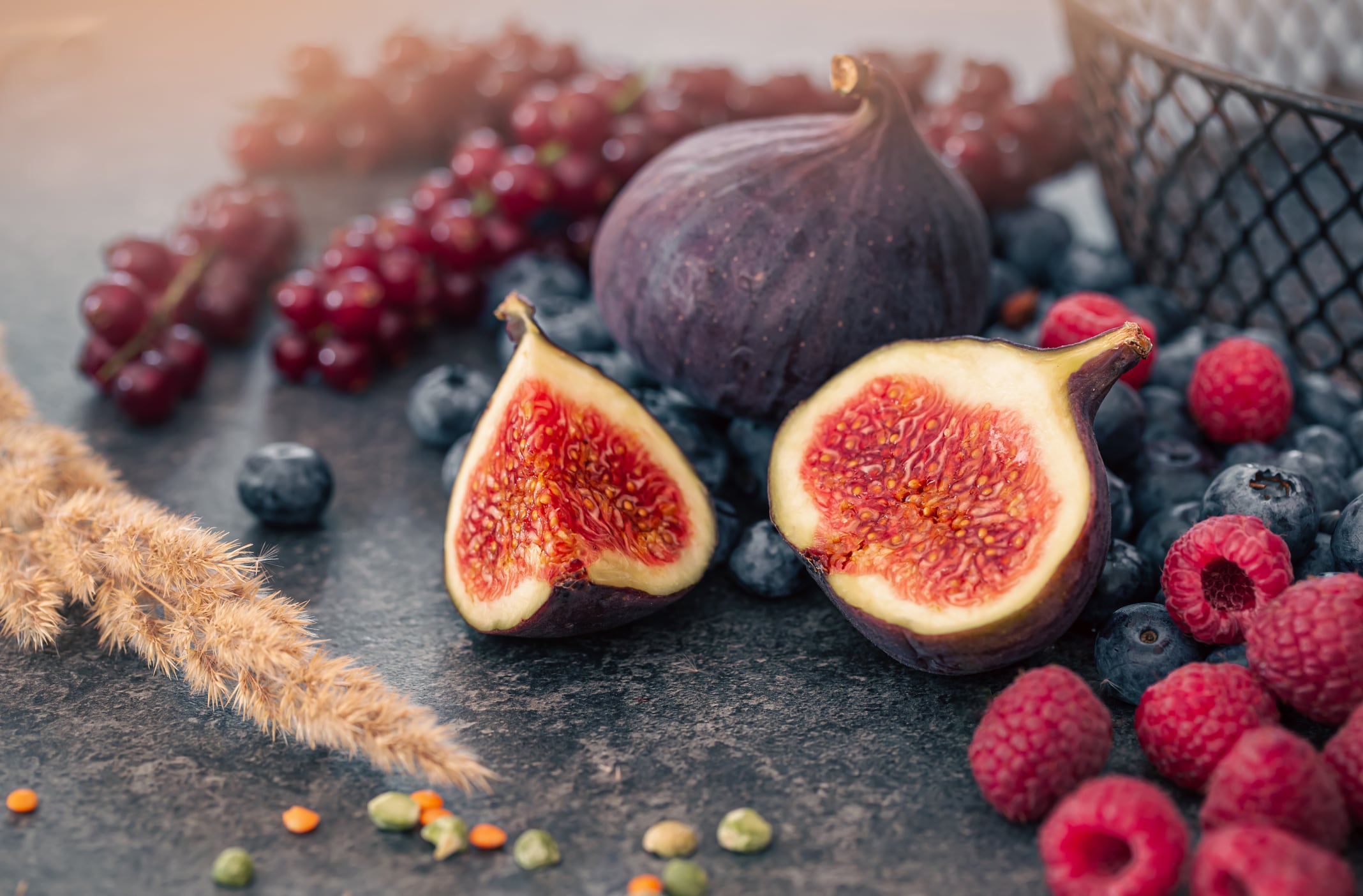Clean ingredient claims alone no longer stand out in today’s health-focused market.
Amid a crowded functional health sector chasing the clean label trend, Japan’s Functional Food Creation Research Institute (FFC) sets itself apart through its vast array of natural botanical sources.
The firm said its approach is not “quantity over quality” – it applies traditional fermentation techniques to enhance the health benefits of these botanicals.
Strength in numbers
It ferments 75 different plant ingredients – an unusually high number – within a single formulation.
The fermentation process can take up to three years, after which the mixture is transformed into paste, liquid, or powder form – suitable for beverages or supplements, offering the essence of 75 natural ingredients in convenient daily servings.
Since its founding in 2001, FFC has been leveraging fermentation as a longevity and wellness food.
“FFC focuses on fermented food which is said to be the reason for Japan’s healthy population. We integrate traditional fermentation technology with modern science to provide ”safe and reliable health supplements,” the firm told FoodNavigator at Food Japan 2025, held in Suntec City Singapore from 16 to 18 October.
Enhancing health benefits with fermentation
All of FFC’s ingredients – from Japanese plum, loquat leaf, to peach and wakame – are separately fermented with brown sugar.
Brown sugar is known to be a rich source of minerals and adds a rich caramelised flavour.
“Each ingredient is harvested at a different time, as nutritional value varies by season. For instance, strawberries are best harvested in spring to maximise their nutrients,” the firm said.
Separate fermentation also allows flexibility for client brands, which can choose to highlight certain ingredients – such as focusing on fruity profiles – rather than using the full blend of 75 botanicals.
After fermentation with brown sugar, the mixture is then further fermented with lactic acid bacteria, known for supporting intestinal health.
FFC has conducted studies over the years to explore the efficacy of its signature fermented plant extract paste.
Scientifically studied and aligns with consumer needs
According to researchers at Biochemistry Insights, the paste was produced using traditional preservation methods combining fermentation and sugaring. This yielded a nutrient-rich product containing carbohydrates, proteins, lipids, 18 amino acids, and a broad range of vitamins – including A, B-complex (B1, B2, B6, B12), E, K, niacin, biotin, pantothenic acid, and folic acid.
It also contained five types of organic acids, high levels of dietary fibre, and plant-derived phytochemicals.
During fermentation, sucrose from brown sugar is fully broken down into glucose and fructose – indicating successful process that enhances sweetness, flavour, and nutrient availability while supporting functional health properties.
Laboratory tests showed that the fermented paste exhibited several beneficial properties, such as antioxidant, antihypertensive, antibacterial, anti-inflammatory, and anti-allergic effects.
These findings suggest that the paste could serve as a functional food rich in nutrients that may help reduce the risk of lifestyle-related diseases.
Consumers increasingly prefer products made from raw, minimally processed ingredients that retain their natural nutrients, according to a 2025 report on Global Clean Label Trends by Innova Markets Insights.
“Consumers find claims like no preservatives, artificial colorants, or sweeteners appealing when it comes to a good ingredients list. Meanwhile, most want to see simple, real, and recognisable ingredients they can understand,” wrote the report.
This aligns with FFC’s expansion plans into Asia, the US, and Europe, where consumers strongly associate plant-based ingredients and fermentation with wellness benefits.





